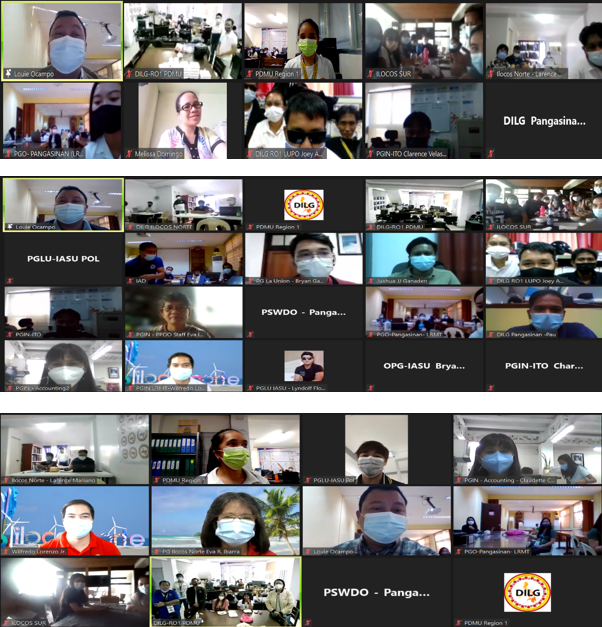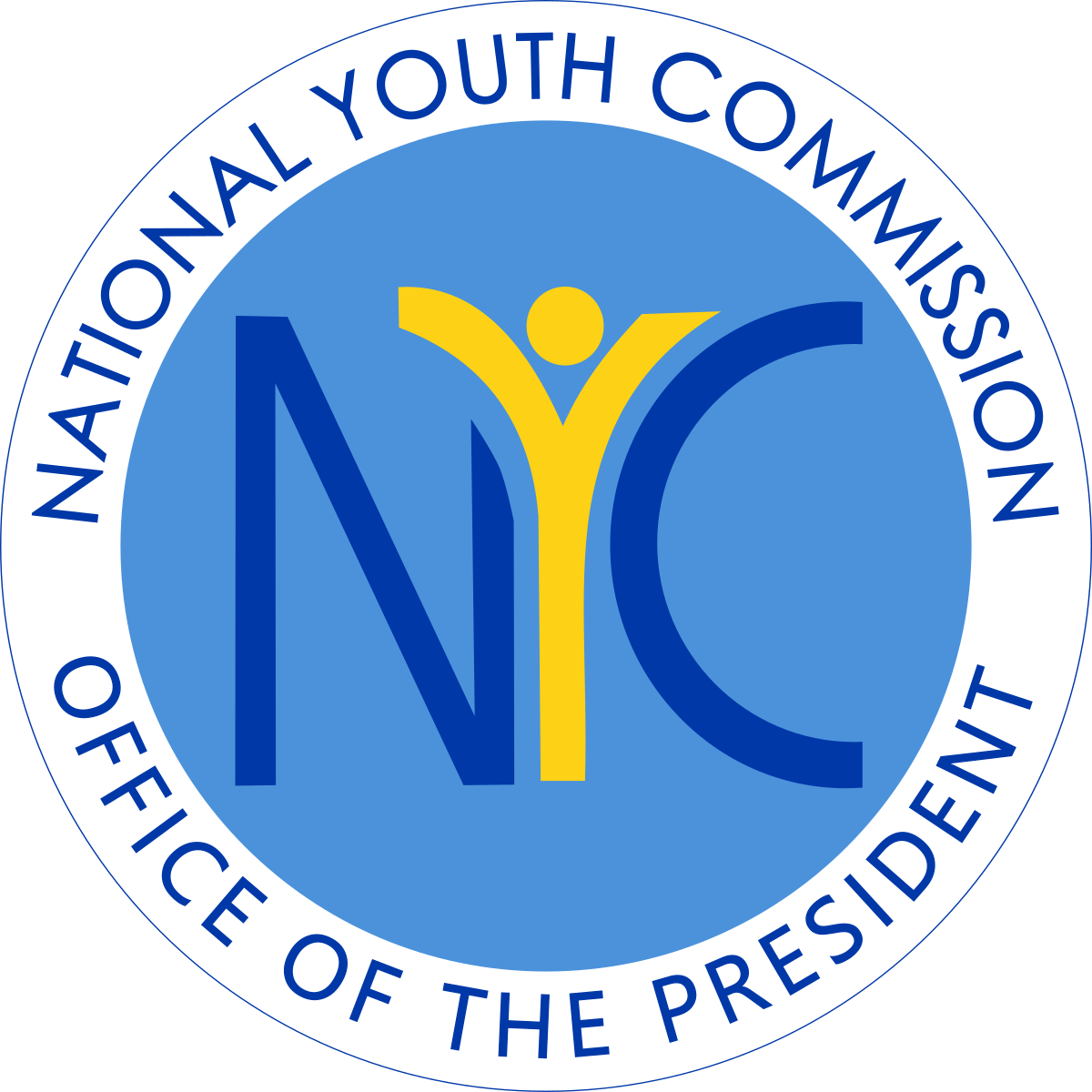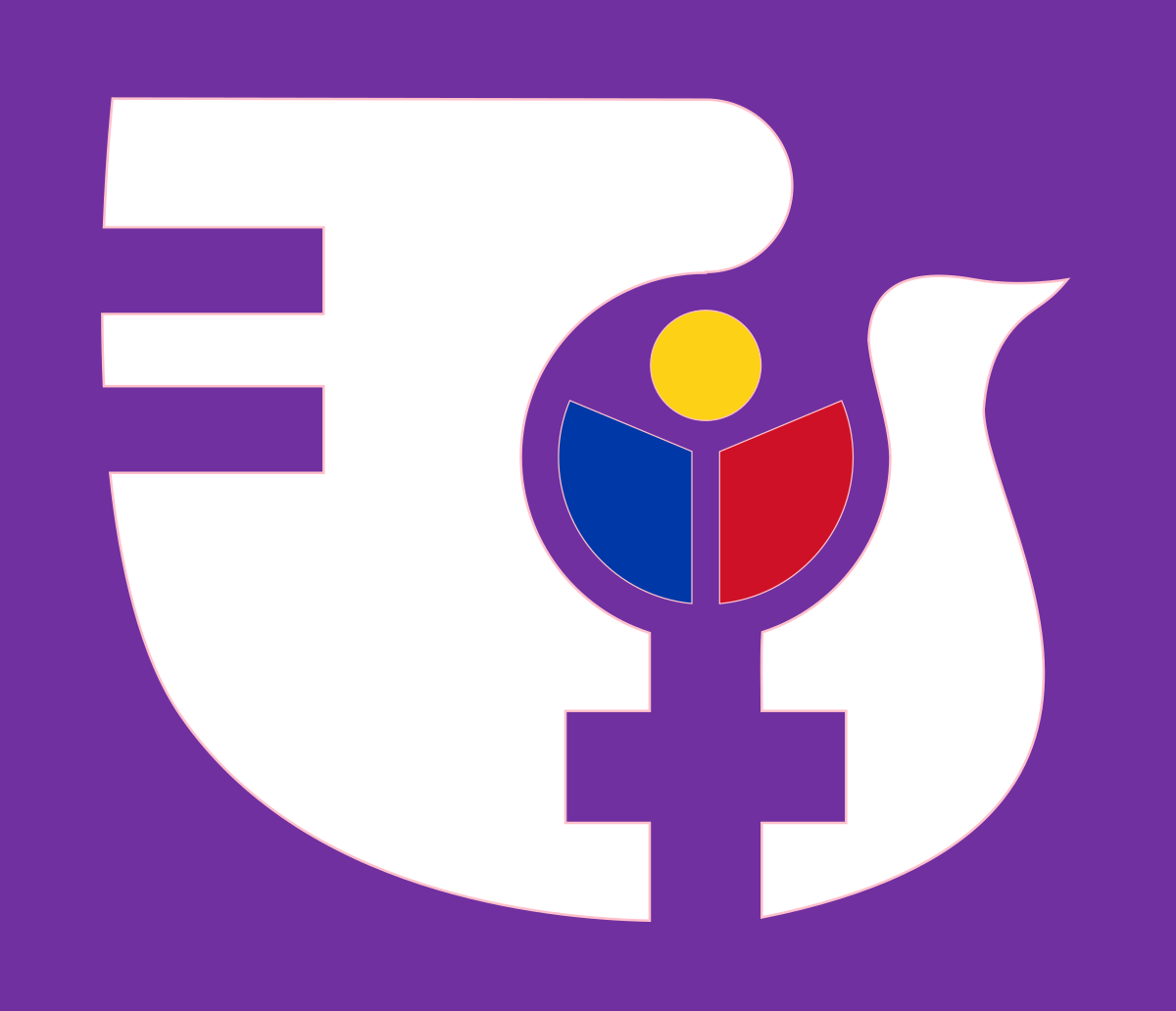
PRINCIPLES AND PROCEDURES ON RISK-BASED INTERNAL AUDIT FOR PLGUs
The Project Development and Management Unit (PDMU) of DILG RO1 hosted a 4-day virtual training entitled, PRINCIPLES AND PROCEDURES ON RISK-BASED INTERNAL AUDIT FOR PLGUs. Under a partnership between the Department of the Interior and Local Government (DILG) and the Department of Budget and Management (DBM) that aims to partly address the poor state of provincial roads across the country and to improve the capacity of provinces in local road management and incorporating reforms and financial management, The Conditional Matching Grant to Provinces (CMGP) was created. It also aims to enhance the Provincial Government’s competency in Local Road Management (LRM) systems and processes, incorporating governance reforms in Public Financial Management (PFM). One of the Key Reform Areas under PFM embedded in the Provincial Governance Reform Roadmap is on internal audit systems and practices. This intention is for LGUs to recognize the internal audit function in improving their operation and strengthening their institution. The objective of this activity is for the Provincial participants to have a deeper appreciation of the goals and objectives of the Principles and Procedures on Risk-Based Internal Audit that will provide them a more profound commitment to its development and implementation. Also, to introduce LGUs to risk-based approach to redefine and refocus audit activities.
The activity was opened by a welcome remark by DILG RO1 Regional Director, James F. Fadrilan. The CMGP Secretariat discussed the objectives and activities to be undertaken for the training and the methodologies to be used in presentations and open forum. Mr. Louie F. Ocampo discussed the overview of Principles and Procedures on Risk-Based Internal Audit, its objectives and importance, and the Roles of Local Road Management Team. Afterwards, a workshop was conducted and each province presented their output on Internal Audit Strategic Planning, Risk-Based Annual Audit Planning, and Individual Engagement Issues and Practices. Mr. Ocampo used a rubrics to gauge outputs at the end of all presentations. After which, critiques/ revisions were discussed by Mr. Louie F. Ocampo who also gave each province enough time to revise their work depending on the comments given. Each province submitted a corrected copy at the end of the session. Before concluding the virtual training, participants were given their certificate of attendance for being part of the training and PDMU Staffs ended the activity with a closing program. (IO II Dann Ariel S. Genese)










